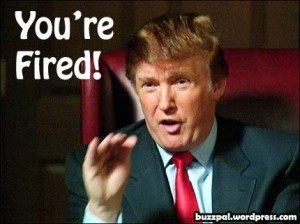The other day one of our clients asked us for something that was relatively easy to do - something that we could have handled with a quick email response without even knowing why the client needed the information. But I tend to be nosey, so I asked. The client contact needed the information to share with superiors to show the success of a recent campaign. So, we had a choice – we could have simply delivered what was asked of us, or we could think about this further and deliver something that they did not even know they wanted - or didn’t realize they could even ask for – but that would provide greater value than expected.
We ended up delivering a document that, although it did not take much longer to produce than the original request, put the information in clear context for the client in a way that they could see not only the success of the recent campaign, but also its relation to other campaigns. We knew that this would be more beneficial and would make our client contact look good in the eyes of superiors, so we took the longer road.
I started really thinking about this and wondering how often I do this, or how often I push my teams to do this. Are we delivering what they ask for, or are we thinking about what they really need? Are we checking off tasks on our list, or are we thoughtfully delivering information in ways that will make our clients more successful?
Because, quite honestly, going the extra step on this one felt good – it wasn’t a huge deal, but it was actually kind of fun. I liked the idea of delivering a surprise to the client – giving them what they asked for plus a little bit more. And it made me think twice about how we can present what we do in a more meaningful way.
When you do a job for a long time, certain tasks can become routine or mundane, and it’s easy to just check things off. But when clients give us references or talk about us, I want them to say that we didn’t treat anything as “routine” – that we were always thinking ahead, differently and creatively. I am very proud that we have a staff here that keeps me on my toes, challenges me to do better and who aren’t afraid to push me, even when I’m the boss.
To keep us all fresh, I want to make sure I challenge myself and my teams constantly and always ask – are we just checking off boxes, or are we giving our clients everything we have? Let’s strive every day to deliver what they don’t yet know they want.

 Even
Even Listening is important -
Listening is important - 